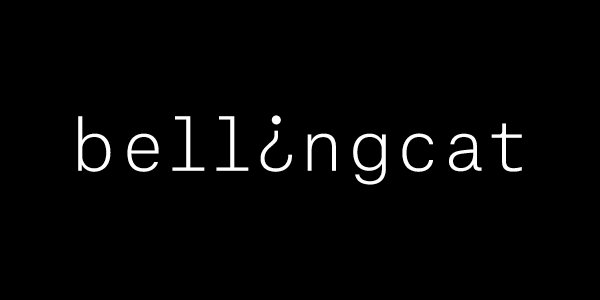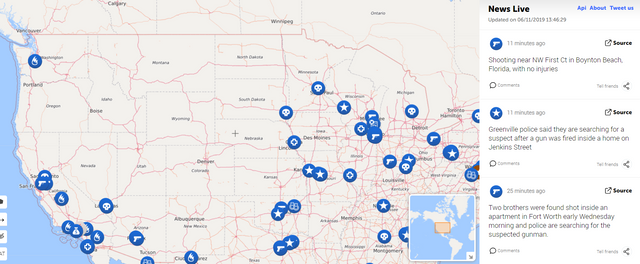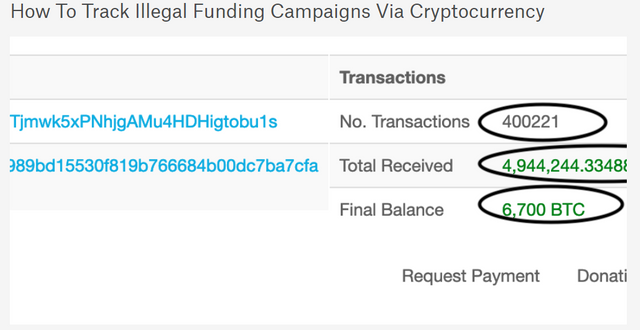

Open-source fact-checking
I would like to start with some footage. Those who do not want to become completely paranoid should not look at this. Parts of the video fragment are in Dutch, so I will explain it briefly: you see a bomb attack. An attack that is picked up by Reuters and other international media. In itself, we have a solid story. There are sources from the medical world. IS has claimed it. There are international journalists who have been to the location where the car bomb exploded, etc. But here is the thing: it is not a bomb attack. This can be clearly seen on the footage:
https://www.facebook.com/canvastv/videos/969739473403223/
Christian Triebert from Bellingcat shows these images to make clear how difficult and important fact-checking is. And Bellingcat has developed open-source fact-checking to a fine art!
Bellingcat is an international network of people who conduct open-source research together. They use public information that can be verified by anyone with an internet connection. In other words, everyone can help.
Are you interested to delve deeper into this during those cold, dark winter days? You can find their toolkit here.
From the toolkit:
The list includes satellite and mapping services, tools for verifying photos and videos, websites to archive web pages, and much more. The list is long, and may seem daunting. There are guides at the end of the document, highlighting the methods and use of these tools in further detail.
So you can find a lot of useful tools for each theme, each with pros and cons and the link to the website concerned. Illustrative examples are:
- Location-Based Searches
Liveuamap: interactive live map of conflict news.
- Image and video verification
Reverse image search: Locates similar images on the internet. This can, for example, be a useful tool to see from the photos whether someone has written their own post or publication.
- Social media
Graph.tips/beta: automatically advanced searches for Facebook profiles. Maybe in this way you can find that old friend who was in primary school with you.
FBDOWN.net: handy website to download public Facebook videos. Copy paste the URL of the video and download it in the available definition formats.
F5Bot: sends you an email when a keyword is mentioned on Reddit. I guess this could be useful for the Steemit team.
- Transportation
AirNav RadarBox: tracking flights, including private and military jets.
These are just a few examples. There are a lot more other interesting themes such as WhoIs, IPs & Website Analysis, Archiving & Downloading, Data Visualization, and Online Security & Privacy.

Articles, case studies, workshops, events and guides
Open Source is the motto. An important difference with traditional journalism, in which newspapers want to keep things for themselves, on the hunt for scoops. This is not the case with Bellingcat. They all work together to correctly solve a whole puzzle. I have to admit, I find this incredibly fascinating.
In addition to a toolkit, Bellingcat naturally also has a website. I find the results quite impressive. From behind their laptops, they sometimes figure out more than journalists who are able to walk around on the location concerned.
Besides the articles and other cool stuff, you can also find a lot of beginner's guides there, including a guide to flight tracking, a comprehensive TweetDeck Research guide or how to track illegal funding campaigns via cryptocurrency.
Good luck spending hours sifting through all of this! I'm sure I will do it.

The introduction is based on the description of VRT NU viewing platform.


I'm working on a tool that works similarly to f5bot but supports steemit. Check it out: https://syften.com
Downvoting a post can decrease pending rewards and make it less visible. Common reasons:
Submit
Nice. Thanks for the addition!
Downvoting a post can decrease pending rewards and make it less visible. Common reasons:
Submit